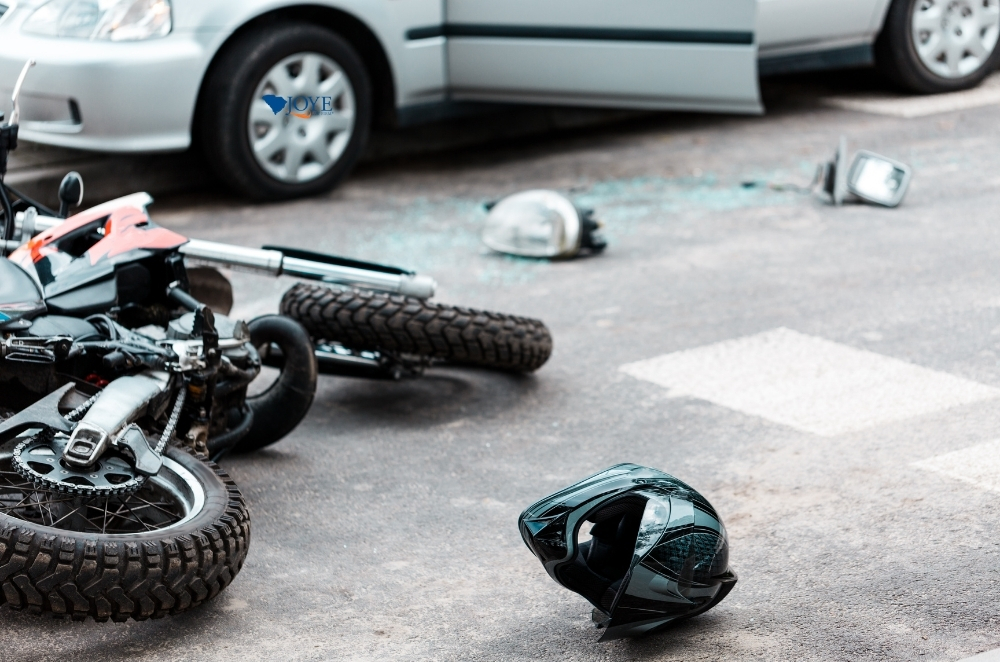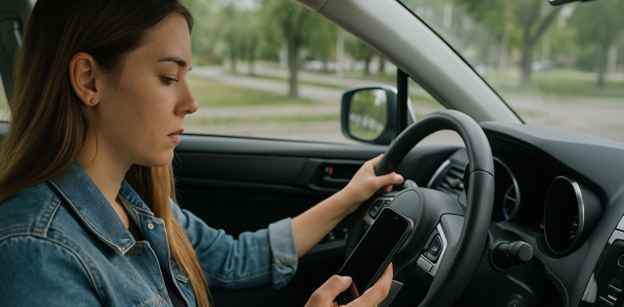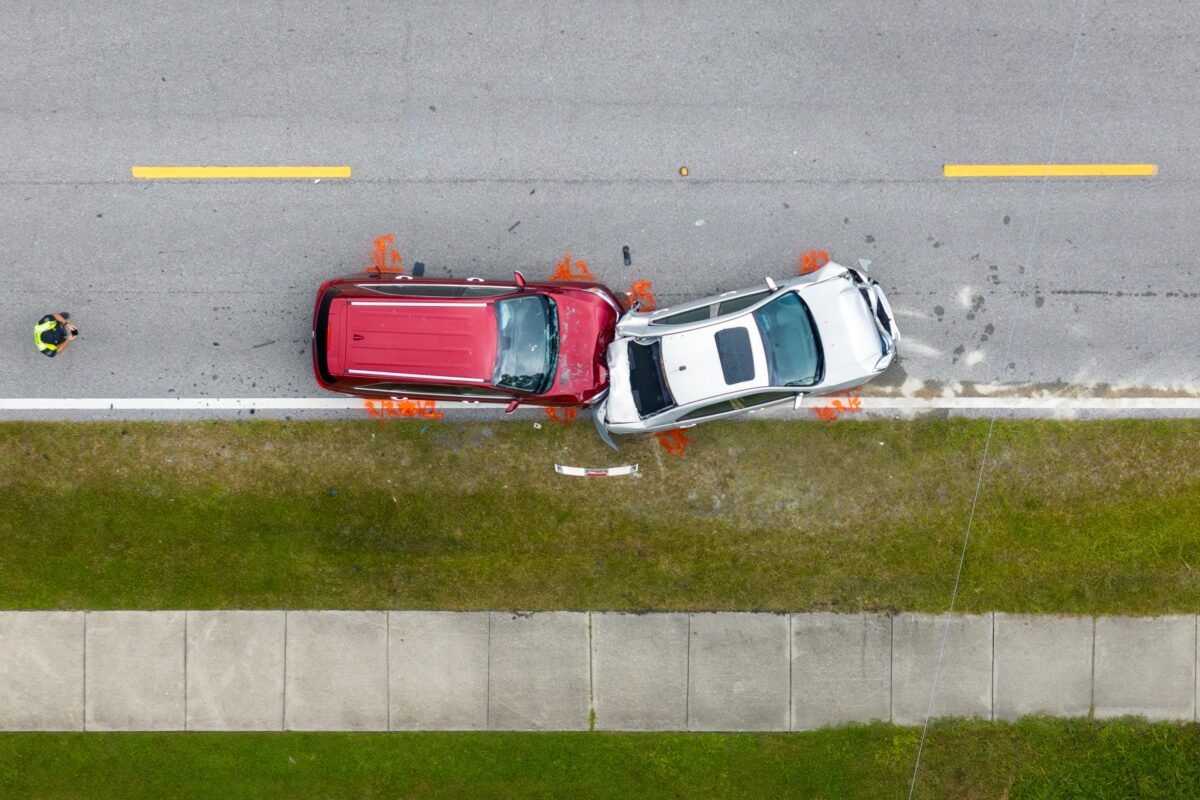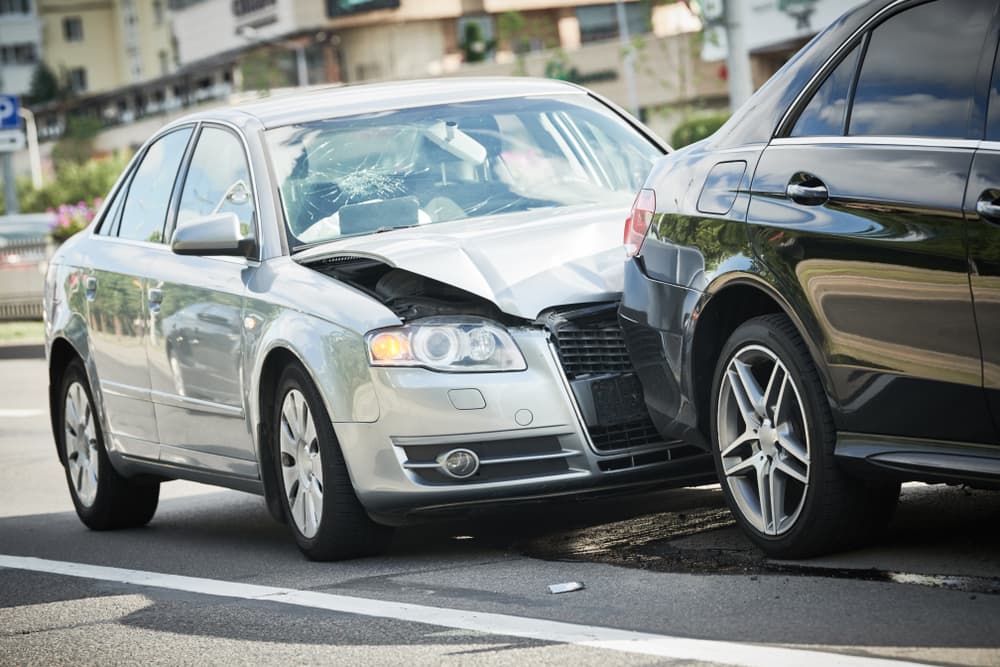
When most people hear about a car hitting a motorcycle, they automatically assume the motorcyclist must have been speeding, or zipping through traffic recklessly and without signaling. But the truth is that the data shows that in the vast majority of collisions involving a motorcycle and a passenger vehicle (over two-thirds of these types of collisions), the driver of the passenger vehicle is at fault, usually for failing to yield the right of way to the motorcyclist.
When Are Motorcyclists Most At Risk Of Being Struck By Cars?
Most motorcycle crashes involving other vehicles occur on highways or at intersections. They often occur in the following situations:
- When a driver is making a left-hand turn in front of an oncoming motorcyclist (this accounts for 42% of all collisions involving a motorcycle and a passenger vehicle)
- When a driver is changing or merging into the same lane as the motorcyclist
- When a driver fails to stop or slow in time at a stop sign or traffic signal
Because motorcycles are much smaller than cars, drivers also often think that motorcycles are farther away or moving slower than they really are. So a driver may mistakenly think there is a safe distance between them and a motorcycle for them to turn or change lanes, when there really isn’t.
Why Do Drivers Fail To See Motorcyclists?
After a car collides with a motorcycle, the driver of the car will often say, “I didn’t even see them,” or “they came out of nowhere,” while the rider of the motorcycle will typically reply, “I was in plain sight the entire time!”
While you would think both couldn’t be true, they could be, thanks to a phenomenon called “inattentional blindness.”
Essentially, inattentional blindness is when someone looks directly at something but fails to see it. Researchers speculate this may be because the brain is processing so many things at once, it only pays attention to those it determines are the top priority and ignores the rest. Driving is a very involved task, which could explain why drivers are so likely to experience inattentional blindness during it.
A 2017 study on inattentional blindness asked a group of drivers to study a series of images and determine whether they showed a safe or an unsafe driving environment. When an additional vehicle was added to the images (either a taxi or a motorcycle), roughly half of the participants did not notice the new vehicle.
Of those who were shown a taxi, a little less than a third did not notice the taxi. Of those who were shown the motorcycle, slightly more than two-thirds didn’t notice the motorcycle!
This may be because the brain is trying to identify the biggest “threat,” and a motorcycle is much smaller than another car, and less likely to injure the driver in a collision, so the brain dismisses it.
Does that mean a driver could use inattentional blindness as an excuse to say they were not at fault for colliding with a motorcycle? No. Even the name “inattentional blindness” describes that it happens because the person isn’t paying attention to everything they are looking at. If drivers are actively looking for motorcyclists on the road, inattentional blindness cannot happen.
The study’s own authors stated that the study highlights the need for drivers to be more motorcycle-aware and train their brains to move motorcycles up the “priority list” to prevent accidents. “In the meantime,” they stated, “we need to be more vigilant, more active, and more conscious when driving.”
Insurance Companies Are Biased Against Motorcyclists
Unfortunately, while we now know that motorcyclists are rarely at fault for their own crashes when they involve another passenger vehicle, many insurance adjusters still make the mistake of believing that motorcyclists are always at fault for their own accidents.
That means that motorcyclists have to fight an uphill battle to get compensation from an insurance company that already doesn’t believe them before they even file a claim for their injuries after a crash.
Because the injuries motorcyclists face after a crash are typically severe, and often fatal, compensation is needed more than ever.
At Joye Law Firm, we don’t let insurance companies continue to unfairly deny the claims of motorcyclists who had nothing to do with their own injuries, and we want to make sure injured victims get the maximum amount they are owed.
If you or someone you loved has been hurt in a motorcycle crash, contact us today to learn how the South Carolina motorcycle attorneys at Joye Law Firm can help you.

































